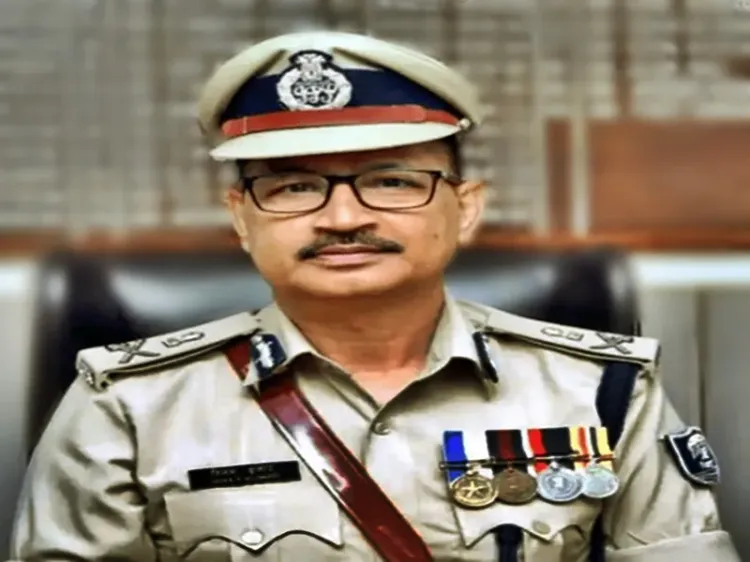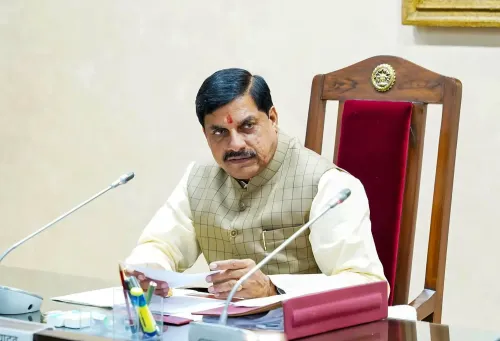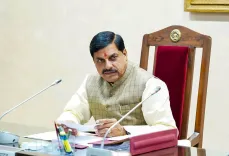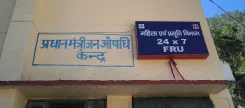How Will the Mock Drill Enhance Emergency Preparedness in Bihar?

Synopsis
Key Takeaways
- Mock drills are essential for assessing emergency preparedness.
- Legal framework supports civil defence activities in India.
- The drill will involve a blackout to simulate real emergency conditions.
- Thousands of volunteers are trained to respond to disasters.
- Immediate repairs will be made for any non-functional equipment.
Patna, May 6 (NationPress) As the nationwide mock drill approaches, set for Wednesday at 7 PM, Bihar's Director General of Police (DGP) Vinay Kumar has underscored its importance as part of an extensive initiative to bolster the state’s readiness for emergencies, which encompass both natural and man-made disasters.
In an interview with IANS, DGP Kumar stated, “We routinely conduct mock drills for various emergencies such as earthquakes, floods, fire incidents, and other natural calamities to assess our readiness. The exercise on Wednesday aims to test the strength of our security and emergency response frameworks.”
He pointed out the legal foundation supporting these activities: “India's Civil Defence Act of 1968, along with regulations established in 1962 and 1971, mandates that each district maintain an active civil defence organization. In times of external aggression or internal unrest, we mobilize the civil defence system accordingly.”
The drill will be executed across five cities in Bihar, including Patna, featuring a total blackout from 7:00 PM to 7:10 PM.
During this interval, sirens will be activated, and the public will be encouraged to adhere to civil defence protocols.
“This mock drill is designed to mobilize our civil defence network from the subdivision down to the village level,” explained the DGP.
He also brought attention to the Civil Defence Institute located in Bihta, Patna district, where thousands of volunteers undergo regular training to ensure a rapid and efficient response during actual disaster scenarios.
Emergency equipment and alert systems, including sirens, will be evaluated for operational status during the drill.
“If any equipment proves to be non-functional, immediate repairs will be initiated,” Kumar affirmed.
Regarding the blackout, Kumar noted, “This is a critical component of the mock drill. We will observe how individuals respond, particularly those utilizing emergency lighting systems like generators or inverters, as well as those operating vehicles with headlights on. The goal is to raise awareness so that people adhere to civil defence guidelines, potentially saving lives in a genuine emergency or conflict situation.”









